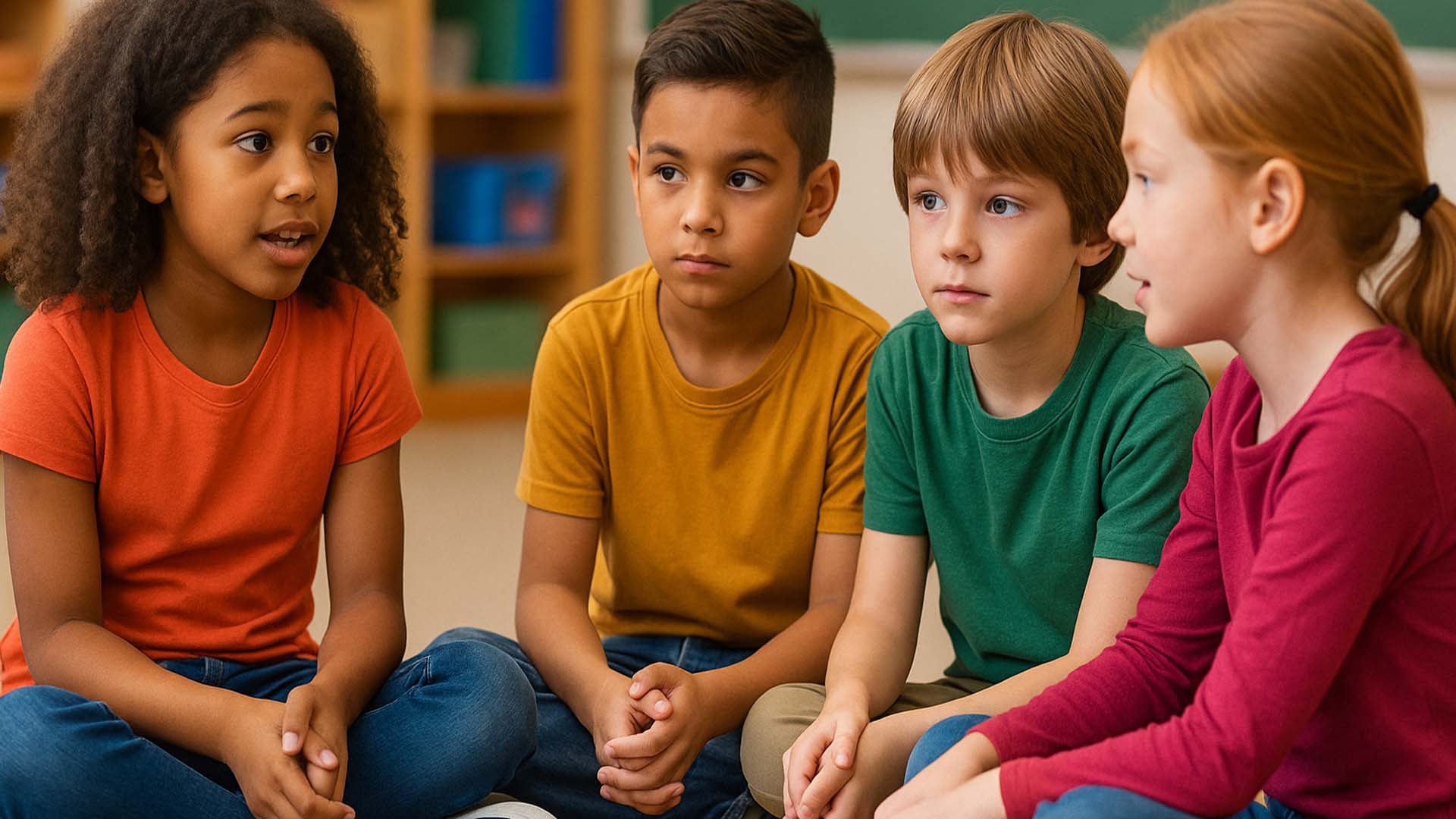Emotional intelligence (EQ) is becoming increasingly recognized as a vital skill for children, impacting their success and well-being more than traditional academic intelligence (IQ). It’s about understanding and managing one’s own emotions, and recognizing and influencing the emotions of others.
For kids, developing emotional intelligence means they can better navigate friendships, handle challenges, and understand the world around them. This article explores why EQ is so important for children and how parents can help foster it.
What is Emotional Intelligence?
Emotional intelligence involves several key components: self-awareness (understanding your own feelings), self-regulation (managing your emotions and impulses), motivation (using emotions to achieve goals), empathy (understanding and sharing the feelings of others), and social skills (building and maintaining relationships).
Why is EQ Crucial for Children?
Children with high emotional intelligence tend to be more resilient, perform better academically, and have stronger social connections. They are better equipped to handle stress, resolve conflicts peacefully, and express their needs effectively. In a rapidly changing world, these skills are invaluable for adapting and thriving.
How Parents Can Foster Emotional Intelligence
Parents play a pivotal role in nurturing emotional intelligence in their children. This can be done through various strategies, such as: actively listening to their children’s feelings, teaching them to identify and name emotions, encouraging empathy by discussing how others might feel, and modeling healthy emotional responses. Creating a safe space for children to express their emotions without judgment is also key.
Q&A
Q1: Can emotional intelligence be taught or is it something children are born with?
A1: Emotional intelligence is a skill that can absolutely be taught and developed over time, much like any other skill. While some children may naturally be more attuned to emotions, all children can learn to improve their EQ with guidance and practice.
Q2: What are some signs that a child has high emotional intelligence?
A2: Children with high emotional intelligence often show good self-control, can express their feelings appropriately, are good listeners, show empathy towards others, and can resolve conflicts constructively.
Q3: How does emotional intelligence impact a child’s academic performance?
A3: Children with higher EQ are better able to manage stress related to school, stay motivated, and work collaboratively with peers, all of which can positively impact their academic success.
Sources
- The Importance of Emotional Intelligence in Children
- How to Teach Emotional Intelligence to Kids
- Emotional Intelligence: Why It Matters for Kids








0 Comments